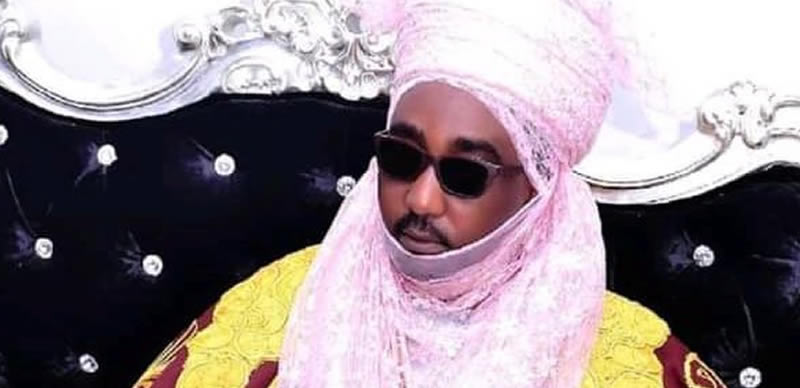The Emir of Zazzau, Nuhu Bamalli, has openly addressed the increasing association of Fulani men with banditry in Nigeria, emphasizing that true Fulanis do not resort to violence or carry firearms. Bamalli made these remarks during a cultural event organized by the Fulani Development and Cultural Organisation, highlighting that the traditional Fulani man typically goes about with a cutlass and stick for handling livestock rather than weapons. This assertion reflects a growing concern over the negative portrayal of the Fulani community amidst rising incidences of criminal activity attributed to bandits, particularly in Northern Nigeria.
Bamalli expressed his pride in his Fulani heritage, asserting that he is proud to belong to a lineage of Fulanis and asserting the importance of maintaining cultural values. He acknowledged that, like any other ethnic group in Nigeria, there are misguided individuals within the Fulani community, but he firmly believes that these “bad eggs” should not define or tarnish the image of the entire group. He urged members of the Fulani community to uphold their core values, which do not include violence or criminal behavior. The sentiment expressed by the Emir emphasizes the need for the community to reassert and embody its cultural principles, distancing itself from the actions of those who engage in banditry.
During his speech, the Emir condemned the notion that Fulani identity is synonymous with armed violence. He reiterated that it is not in the character of a true Fulani to carry an AK-47; rather, their tools are traditional—used for cattle rearing and agricultural activities. His comments serve as a clarion call for the Fulani people to recognize and embrace their identity as peaceful stewards of their cattle and culture. This insistence on a peaceful identity aligns with Bamalli’s vision for the future of the Fulani community, which focuses on education and cultural pride rather than violence.
Furthermore, Bamalli highlighted the historical and cultural significance of the gathering, noting that it served to educate participants about their identity and foster solidarity among the Fulani people. He pointed out that the event attracted attendees from various regions, including major cities and even neighboring countries, underscoring the widespread cultural ties among the Fulani people. By organizing forums like this, the Emir aims to raise awareness about the true essence of Fulanis and counteract the misconceptions associated with the unrest caused by a minority of criminals.
This discourse is particularly relevant in the context of ongoing tensions and conflicts linked to banditry in Nigeria. The Emir’s emphasis on enlightening the Fulani populace on their cultural identity seeks to promote a more positive narrative, dispelling stereotypes that have emerged due to the actions of bandits. The call to action is directed not only at the Fulani community but at all Nigerians to recognize the diversity within the culture and the importance of unity in confronting societal issues. His statement implicitly advocates for collective responsibility in addressing the problems facing the nation.
In conclusion, Emir Nuhu Bamalli’s remarks serve as an important reminder of the rich cultural heritage of the Fulani people, distinct from the criminality that has been associated with a segment of their community. By advocating for the adherence to traditional values, education, and cultural pride, Bamalli hopes to forge a path that reinvigorates the Fulani identity while challenging the negative connotations attached to it. His message resonates with the pressing need for dialogue, understanding, and unity in Nigeria, especially amidst the complexities of ethnicity, identity, and national security. This cultural celebration and awareness initiative could be pivotal in reshaping narratives and fostering a deeper appreciation for the contributions of the Fulani community to Nigeria’s rich tapestry.














